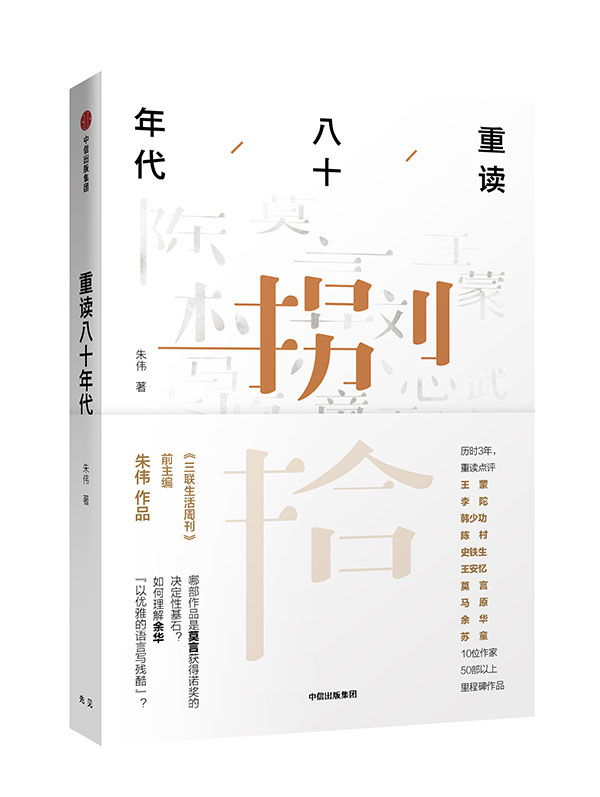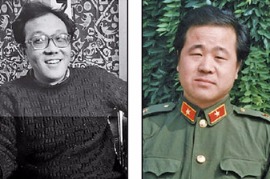Revisiting the golden age of literature


After China's reform and opening-up began in the late 1970s, the following decade saw a burst of literary activity, with today's influential writers shaping their ideas and words back then.
In the preface of his new book, Chong Du Bashi Niandai (Reread the 1980s), literary critic Zhu Wei describes scenes from the decade in Beijing, saying that people would talk about literature all night long, or hang out like "lovers", walking from modern author Zhang Chengzhi's house to fellow writer Li Tuo's. And after eating watermelon under streetlamps, the people would walk along a city street to another author Zheng Wanlong's house.
Zhu also mentions that people watched rebroadcasts of World Cup soccer matches over drinks in the'80s.
From Franz Kafka and William Faulkner to Alain Robbe-Grillet, Juan Rulfo and Jorge Luis Borges, and from Jean-Paul Sartre to Martin Heidegger and Ludwig Wittgenstein-the discussions about the literary figures and their works were "like swallowing a date whole due to longtime hunger", Zhu writes.
"As Huang Ziping put it, as the writers were increasingly being 'chased by the dogs of innovation'. They were caught up in a race against time to try and absorb the diverse styles of Western literature."
During the '80s, Zhu, who was in his early 30s and an editor at China's top literature magazines-first China Youth and then People's Literature would ride his bike through Beijing's hutong (alleys), visiting one writer after another.
"The writers of that generation are successful today, which is largely due to that great period. ... People back then were very open-minded and intimate, so they understood and inspired one another," Zhu, now 66, says.
In the gold mine of contemporary Chinese literature in the 1980s, Zhu "dug out" important writers, such as Nobel laureate Mo Yan, Yu Hua, Su Tong, Ge Fei, Liu Suola and A Cheng, by publishing their first short stories in the magazines.



































